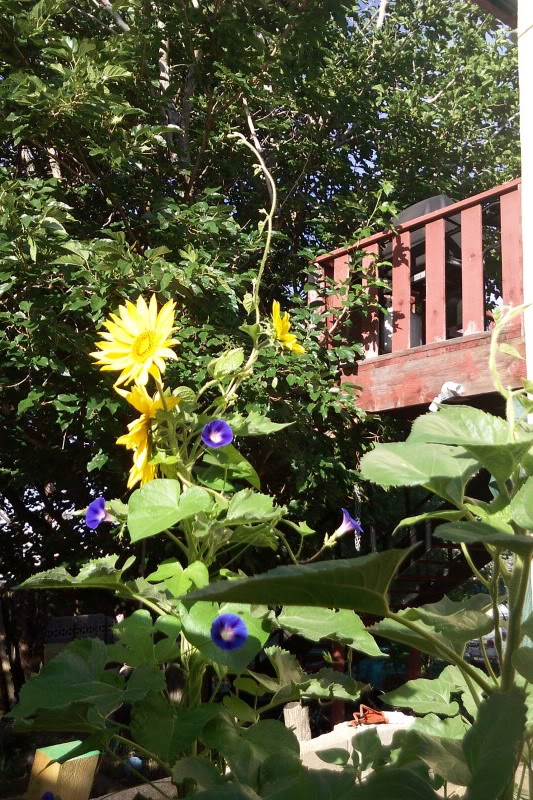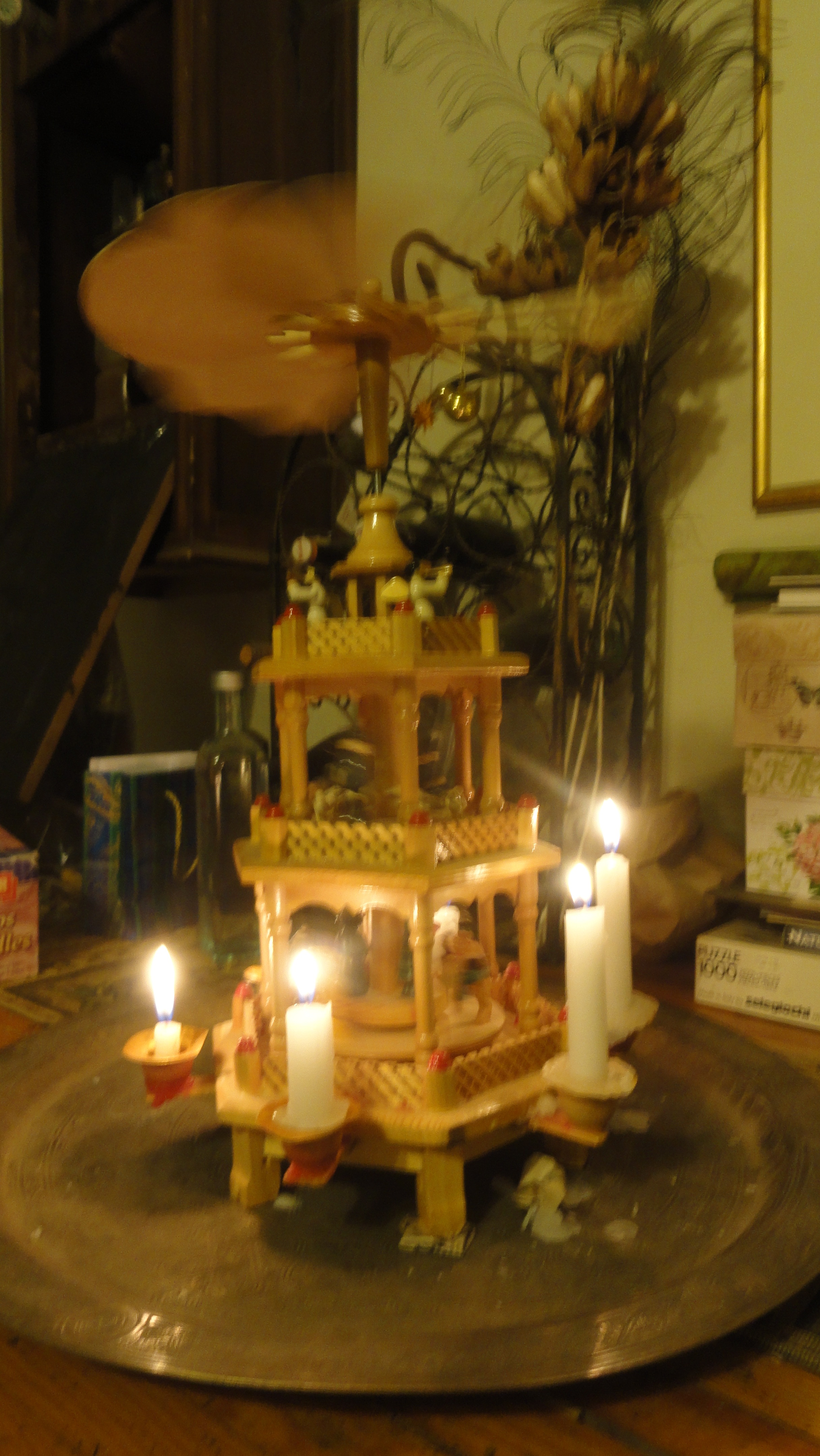They will trust you as long and as far as you are trustworthy.
photo by Sandra Dodd
__


|
"When your words and your actions are in alignment, that's when you're building trust." —Pam Laricchia |




Hopefully they will then carry that forward to how they treat their children, regardless of what the current trend is, or fears they have, or the current scaremongering circulating. Even if they don't have children of their own, my hope is that they treat and speak to all children that they come in contact with throughout their lives with the same respect and kindness that they afford their partners and friends, and that they treat them like the people they are.
| "If I could go back in time, I'd tell myself to calm down and worry less, not pander to anyone else's ideals and I'd trust my kid alot more." —Lea Tapp |  |

 | When life is whole, and not divided into school grades, then reflection, assimilation and connection are ongoing and fluid. In the absence of reporting periods, there's no need to evaluate periodically. Gain trust in learning, and then focus on providing a rich, peaceful environment. Become an unschooling parent. |
It will add calm, value, and solidity to your life if you're reliable, honest, and trustworthy.